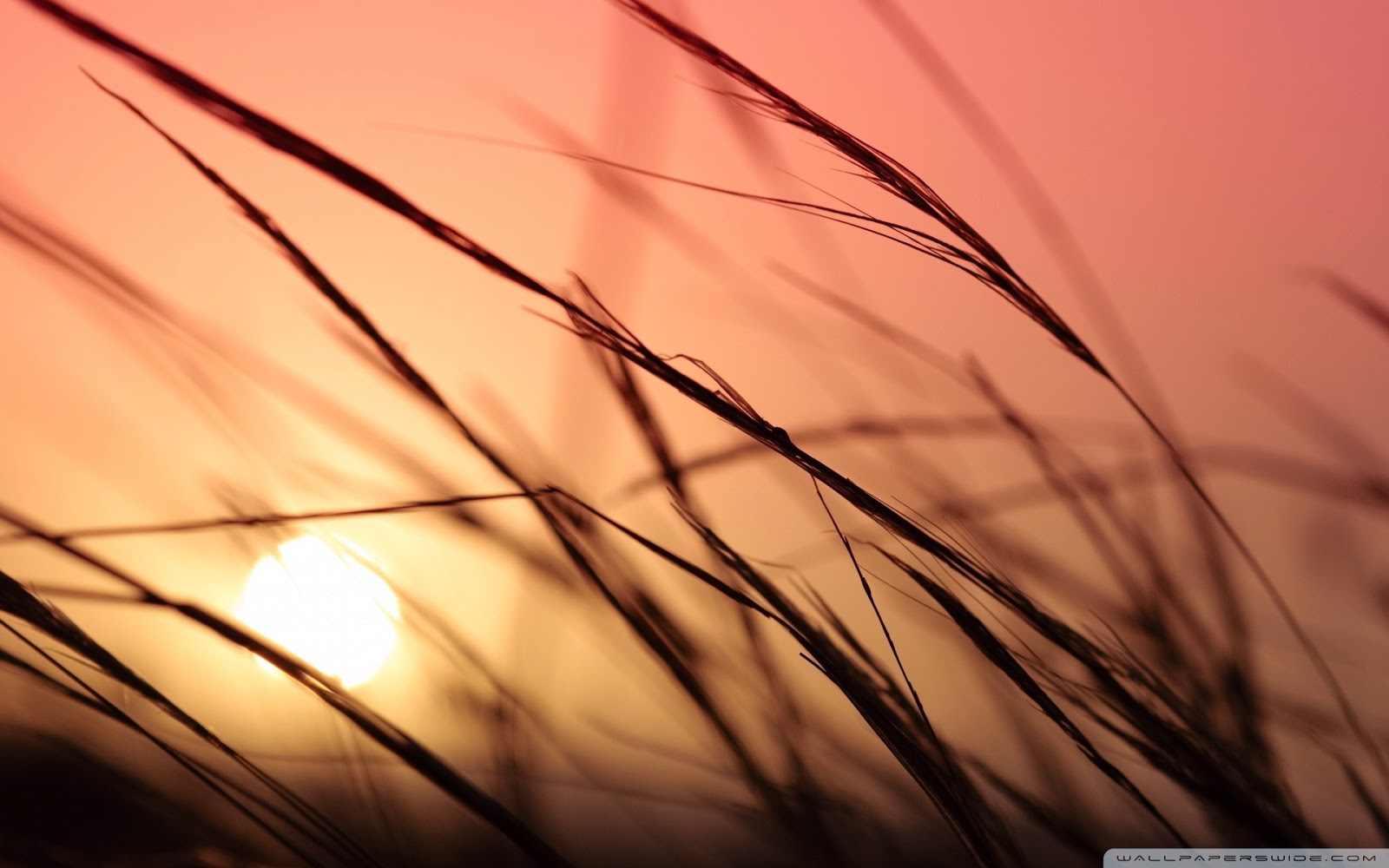"Only you have ever understood me. . . And you got it wrong."
Maybe it's the weather, or the approaching end of the semester, or the continuing drama, but once again I have decided to wax philosophical. Feel free to tune out here, all you who read my blog solely for the unending sarcasm and "humor"--though, if such readers do exist, may I say woah. And thanks for actually paying me any kind of attention; I'm honored that you choose me to take away time from the plethora of cat jump fails and memes and Facebook stalking you usually occupy your time with. Truly. Honored. But back to my semi-philosophical musings. . .
I've been reflecting once again on how for so long, I have tried to match myself with everyone else's perceptions, to fit myself into their framework of expectations. I have let myself be defined by the ideas of everyone around me, caving to pressures as I strive to reach a personality and a future that are not wholly my own. And I hate that. I hate that I have let so much of my life be governed by others, how even when people don't directly give me orders, I let them dictate what books I read, what jokes I laugh at, what classes I take, what grades I get, what hobbies I undertake, what conversations I have, what schools I look into, what jobs I research. But it is so freaking hard to break from that mold, to strike out on a path that others may not approve of, something different and unexpected.
What if I disappoint my friends and family? And yet, if I am being me and doing what I want, should I even be able to disappoint them? I mean, is anyone really your friend if they don't approve of you for being you? And isn't the point of family having a group of people who love you and stand behind you no matter what you do?
And it's not like I'm about to change everything about myself and my majors. I love biology and letters, and I still plan on going into animal research. But I also have so many questions, and I am not as sure of where I want to go as I once was. I've come to the realization that I never really talk about myself, that I am possibly too content to just listen to what other people say and parrot back what is expected. How many times have I cracked a joke to get out of saying some deep truth? How many times have I let people speak their own opinions without interruption, rather than state a contrasting view and risking censure?
Thinking of my friends and family, I can count on one hand the number of people who really know me, the number of people I am willing and able to tell anything to, who I am unafraid to be shamelessly myself with. How many people know all of my secrets, know all of the dreams and plans I am afraid to tell the world? How many people know my doubts, my hesitations? How many people do I tell about my family, about drama I've experienced in the past and am experiencing in the present? How many people do I let see me? It's a shamefully small number, and I have to wonder, why is that?
Why are we so afraid to let people in? Why can't I just stand up and shout off the rooftops the few truths about myself that I do know? Why not? Is it because of how I was raised? Is it because of family, because of religion, because of society? Or is it just. . . me. Am I the only thing holding myself back?
Perhaps. Heck, probably. But it is so hard to go from telling no one anything to telling everyone everything. And there are some lies that I have spent so long convincing myself to be the truth, that I don't know how to expose them to others. And while "one step at a time" and "one foot in front of the other" are great sayings in theory, those steps are immeasurably difficult to take.
Image Information. Girl of rain. Photograph taken 2007, by nurtanrioven. deviantART.
Photograph of a girl thinking alone during a sunset. Posted by Unsplash, 2014. Pixabay.







